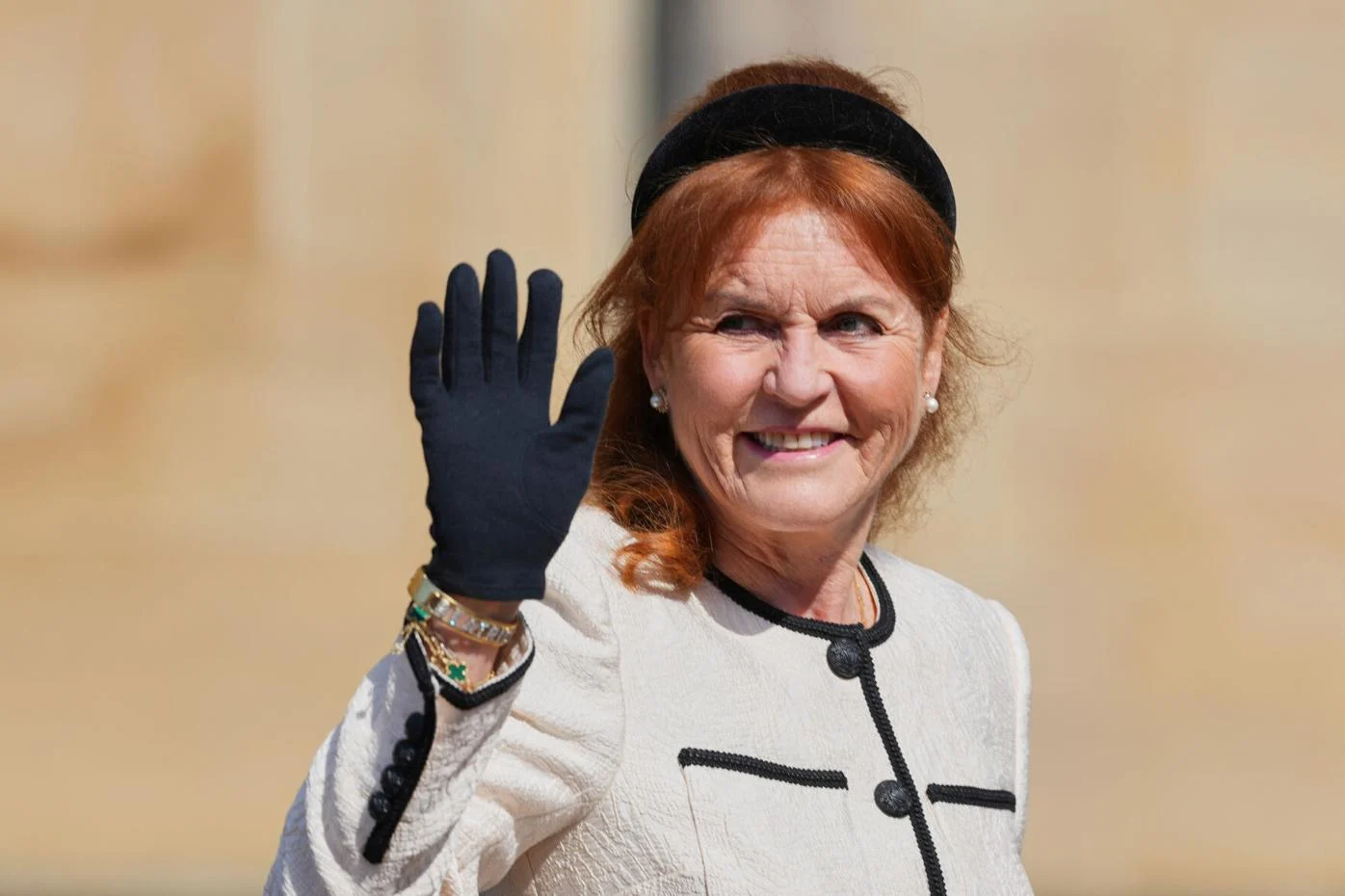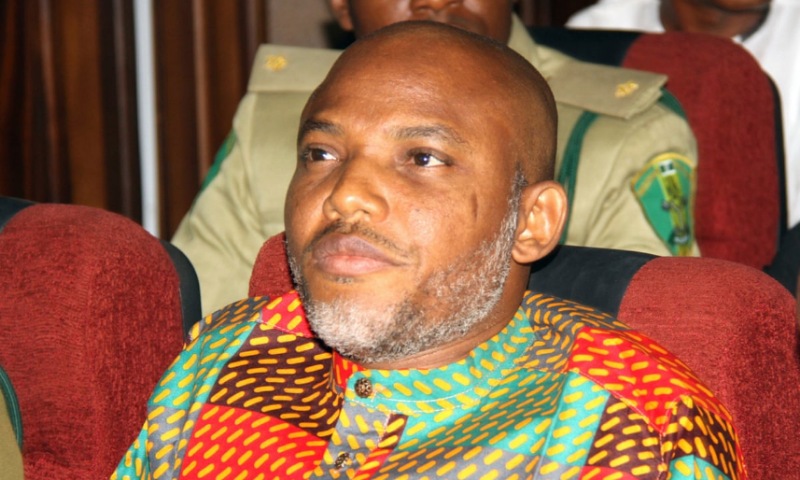A wave of UK charities severed ties with Sarah Ferguson, Duchess of York, after newspapers published an email from 2011 in which she allegedly described convicted sex offender Jeffrey Epstein as a “supreme friend.” The report sparked outrage among charitable organizations and prompted them to re-evaluate her role as patron or ambassador. While Ferguson’s representatives say she sent the email following legal advice due to threats by Epstein, the revelations continue to damage her public reputation.
What the Leaked Email Says
The email came in shortly after Ferguson had publicly claimed she would never associate with Epstein again. In a 2011 interview, she had apologized for accepting £15,000 from him and condemned any association with his activities. Yet, in the following month, she reportedly emailed Epstein, offering a “humble apology” for her earlier public statements. In that message, she allegedly praised him as “steadfast, generous, and supreme friend to me and my family.” Ferguson’s spokesperson insists she sent the message on the advice of lawyers amid concerns of a defamation lawsuit.
Charities Cutting Ties
Charities responded swiftly. Julia’s House, a children’s hospice, said the email made it inappropriate for Ferguson to continue as patron. The Natasha Allergy Research Foundation, Prevent Breast Cancer, The Children’s Literacy Charity, Teenage Cancer Trust, and the British Heart Foundation also ended their associations. Some stated they were disturbed by the email’s contents, while others emphasized they could no longer in good faith, maintain their relationship given the new revelations.
Public Reaction and Media Scrutiny
Media outlets and public commentators criticized Ferguson for inconsistency, raising questions about authenticity and accountability. Her earlier public condemnation of Epstein seemed contradicted by the email. Many callers for transparency argue that public figures must be held to consistent standards, especially when their roles involve patronage of vulnerable communities. Meanwhile, Ferguson’s team maintains she acted under duress and legal threat, suggesting the email reflected a complicated situation rather than outright betrayal of public trust.
Implications for Reputation and Trust
Because patronage roles depend heavily on public trust, this controversy threatens not just Ferguson’s reputation but also standard practice for trusted public figures. Charities depend on goodwill and integrity from those they attach their names to. If correspondence proves legitimate, Ferguson may face long-term damage to her ability to represent charities. Also, this incident could lead to more scrutiny of how royalty and public figures engage with controversial individuals.
What Comes Next
Ferguson’s team may seek to provide further context or explanations, possibly releasing more information about how the email was produced and what legal pressures existed. Charities will likely strengthen their criteria for public association. Meanwhile, there may be calls for her reinstatement in some circles, but rebuilding trust usually takes much longer than breaking it. Public sentiment at present appears unforgiving.
Conclusion
The “supreme friend” email has triggered fallout for Sarah Ferguson, with multiple charities cutting ties and public trust eroding. Although she claims legal counsel and emotional distress shaped her actions, many believe the email undermines her previous condemnations. As the dust settles, the controversy remains a reminder that public figures must navigate past actions carefully, especially when private correspondence contradicts public statements.
Bonus Read: Trump Note to Epstein Released by Congress, Trump Denies Authorship




One thought on “UK Charities Drop Sarah Ferguson Over Epstein “Supreme Friend” Email”